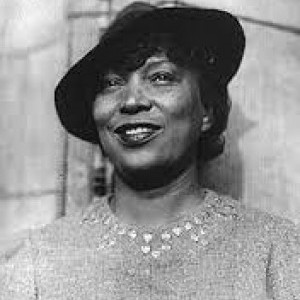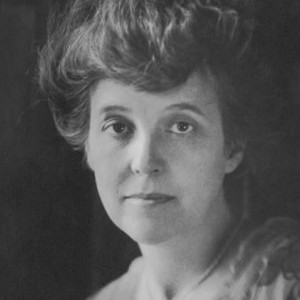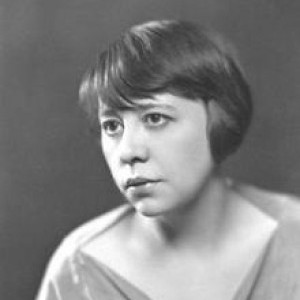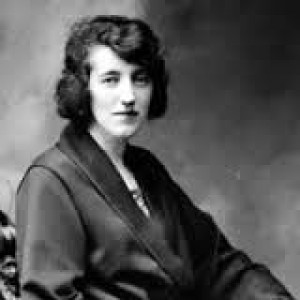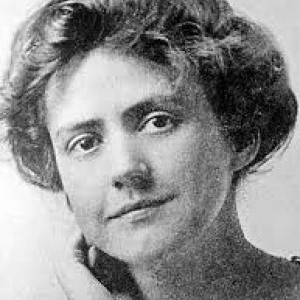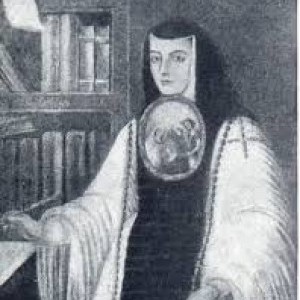Mary Chase
Biography
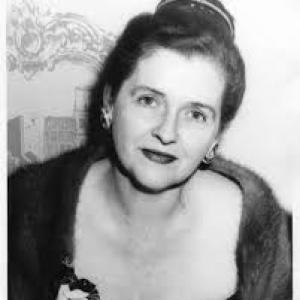
Born on February 25, 1907 in Denver, Colorado, Mary Coyle Chase grew up immersed in the Irish folktales of her mother’s family. She would later use those legends as inspiration for her fantastical stage plays and novels. After graduating high school, Chase attended the University of Denver and then the University of Colorado before landing a job with the Rocky Mountain News and working as a New Deal National Youth Administration publicity director. It was at Rocky Mountain News--where she worked as a successful journalist for fourteen years--that she met her husband, journalist Robert L. Chase, with whom she had three sons. After leaving Rocky Mountain, Chase focused on writing plays. 1936 saw her first produced work, titled Me, Third, enjoy popular success before it moved to Broadway and earned less-than-favorable reviews. However, Chase wouldn’t have to wait long to reclaim audience and critical approval as a playwright.
In 1944, she wrote Harvey, which marked her rise to fame after Brock Pemberton produced it in New York. Earning the 1945 Pulitzer Prize in Drama (making Chase only the fourth woman to have won that award) and drawing audiences for 1,775 performances, it ranked as the fifth longest-running Broadway show of its time, and it still remains--even with the explosion of popular Broadway musicals in the late 20th and 21st century--the 39th longest-running Broadway show of all time. When movie star James Stewart played the role of Elwood P. Dowd in the 1950 film of Harvey, Chase’s play and name were ensured a life beyond the 1940s New York stage. In 1947, the University of Denver presented Chase with an Honorary Doctorate of Literature.
Although Chase never again wrote a literary work that matched the success of Harvey, she continued to write. The Next Half Hour (1945), Bernardine (1952), Mrs. McThing (1954), and Mickey (1969) are only a few of the many plays she wrote over the next decades, and she also tried her hand at two children’s stories entitled Loretta Mason Potts (1958) and The Wicked, Wicked Ladies in the Haunted House (1968). Besides Harvey, her play Bernardine and an earlier play, Sorority House, were made into films. In 1981, a musical version of her masterpiece, Say Hello to Harvey, premiered and failed on Broadway.
After suffering a heart attack, Mary Coyle Chase died on October 20, 1981 in the city of her birth. Four years later, she earned a spot in the Colorado Women’s Hall of Fame, and today she is still remembered for her Irish folklore-inspired, fantastical stories and plays, and above all, for the original and charming Harvey.



